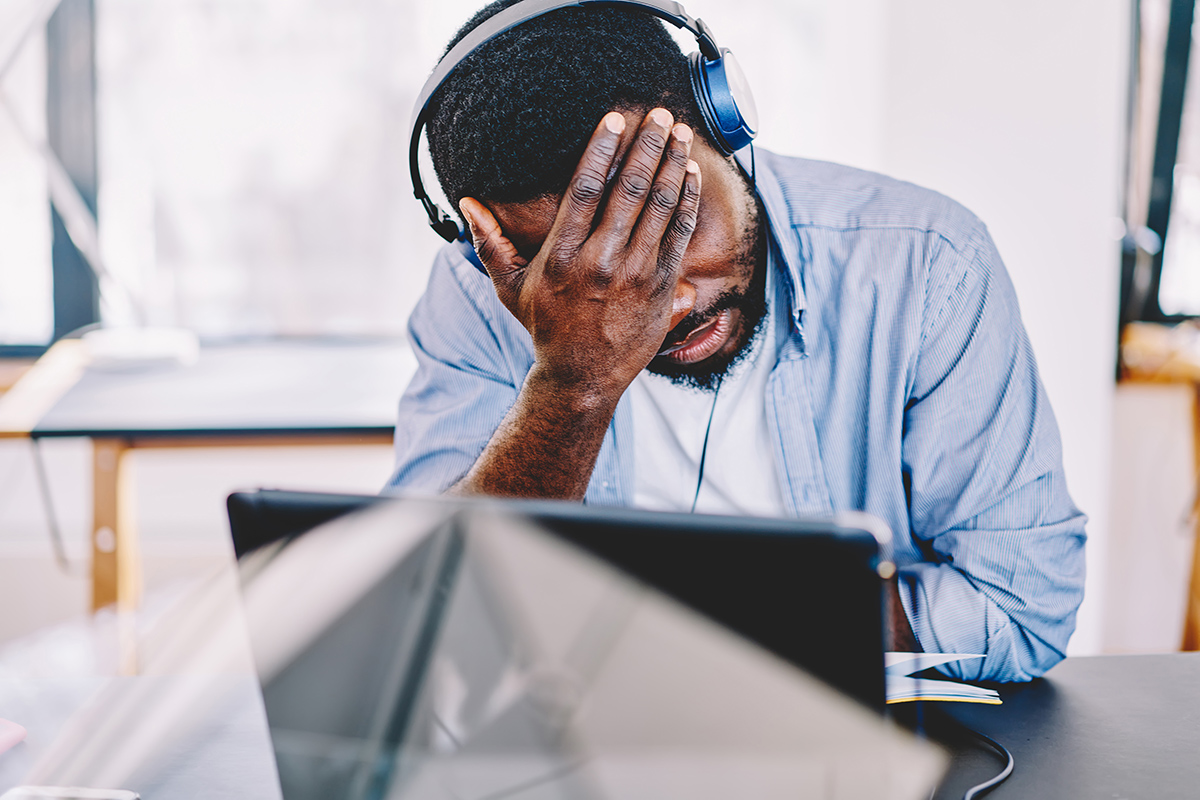“Why hate speech is totally unacceptable”
December 1 Hate speech has become the order of the day, writes Bryan Obaji, 27, a Commonwealth Correspondent from Calabar in Nigeria. Accusations and counter accusations targeted at individuals and groups for either political gains or personal interest. He argues for steps to curb hate speech.
Hate speech has become the order of the day, writes Bryan Obaji, 27, a Commonwealth Correspondent from Calabar in Nigeria. Accusations and counter accusations targeted at individuals and groups for either political gains or personal interest. He argues for steps to curb hate speech.
Acts of hate speech are mostly perpetrated by fanatics to cause mayhem in sections of the society. They are a deliberate attempt by individuals to cause unrest in society and promote enmity and hatred for selfish gains.
We should not glorify this act by shielding the speakers, or by embracing such wholesale attack on individuals or groups on the basis of race, religion, ethnic origin, sexual orientation, disability, or gender.
We should be reminded that the content of our speech can cause distraction and destruction in any society. All platforms should ensure that their channels are not used to encourage, glorify, incite or call for violence (physical or verbal) to any individual or group.
Most social media sites have responded to this call and have put modalities in place to clamp down on such criminality. It does not end there. The government, educational institutions, religious houses, political parties, businesses and other institutions need to do more to discourage their followers from engaging in such act. Laws that criminalise hate speech should be created. As a people, we need to sensitise and enlighten fellow citizens on the need to show character and responsibility in their verbal expressions.
Our minds should always be drawn to the fact that there is a thick line between freedom of expression and hate speech. In fact where the former ends, the latter begins.
Laws that criminalise hate speech will in no way infringe on the fundamental human right of any individual. Instead, it checks that our freedom is not misused, and attracts responsibility to our words, as regards where the line should be drawn.
An important element in Article 7 of the Universal Declaration of Human Rights is the point that “all are entitled to equal protection against any discrimination in violation of this Declaration and against any incitement to such discrimination.” This means that any speech that encourages discrimination goes contrary to equality and undermines freedom of expression.
Similarly, the right to freedom of expression as stated in Article 19 of the Universal Declaration of Human Rights includes “freedom to hold opinions without interference and to seek, receive and impart information and ideas through any media and regardless of frontiers.” This, as well, means our human right have not been trampled upon when we act within the confines of these declarations.
Any government that decides to criminalise hate speech does what is right because any act that deliberately propagates war, incites violence, or discriminates against the rights of other individuals or groups for any reason should be seen as unlawful.
Hate speech equally contravenes the International Covenant on Civil and Political Rights Article 20(2), which provides that “any advocacy of national, racial or religious hatred that constitutes incitement to discrimination, hostility or violence shall be prohibited by law.”
This is a call to nations to stand up and take action that will protect their citizens, and to join other countries like the United Kingdom, United States, Sweden, Singapore, Norway, New Zealand, France and other countries in ensuring that this issue is dealt with.
To be clear, offensive speech may not necessary be classified as hate speech if the elements in it are not abusive, do not incite violence, do not target human beings, but merely clash in ideology.
In the same vein, governments should not mistake constructive criticism for hate speech, as the fundamental elements of hate speech do not reflect in policy criticism. No one should be victimised for being a critic, especially when his or her statements or comments have no intention to incite violence or hatred.
We should be reminded that statements that cause unrest in the society are capable of creating divides, and no one who causes war outlives a nation.
Photo credit: Joe The Goat Farmer 3 Ways to Create a Potentially Viral Marketing Video via photopin (license)
…………………………………………………………………………………………………………………
About me: I am Jetem Bryan Obaji, a trained accountant. Presently, I work for a not-for-profit organisation, sensitising the public on the need for basic education.
In the coming years I hope to channel my efforts and resources towards ensuring a better quality of life for people. Reading, writing and playing fun games are my interests.
…………………………………………………………………………………………………………………
Opinions expressed in this article are those of the author and do not necessarily represent the views of the Commonwealth Youth Programme. Articles are published in a spirit of dialogue, respect and understanding. If you disagree, why not submit a response?
To learn more about becoming a Commonwealth Correspondent please visit: http://www.yourcommonwealth.org/submit-articles/
…………………………………………………………………………………………………………………






